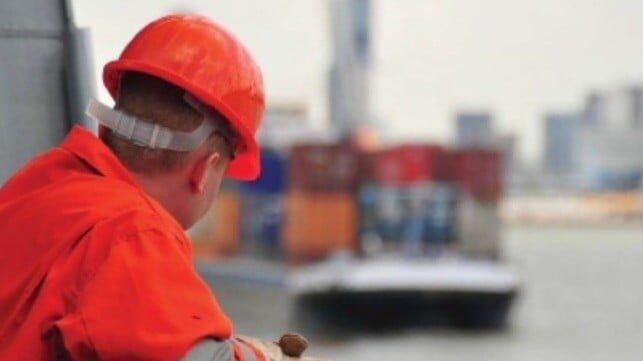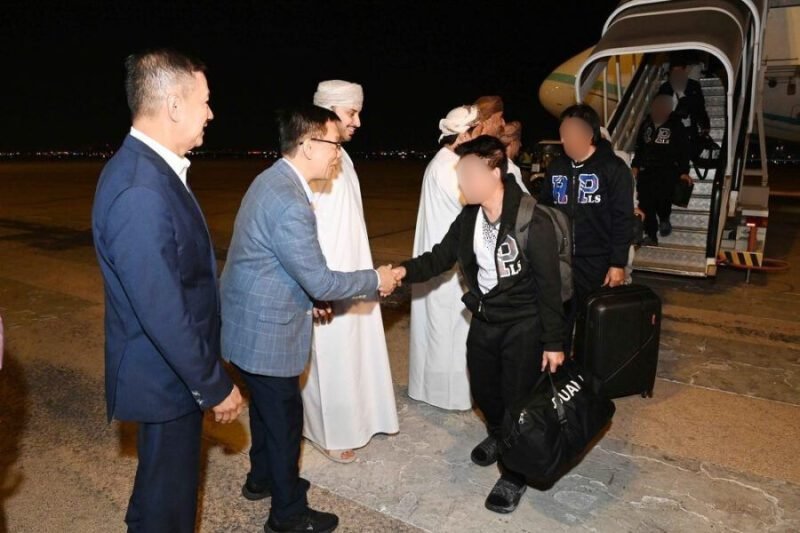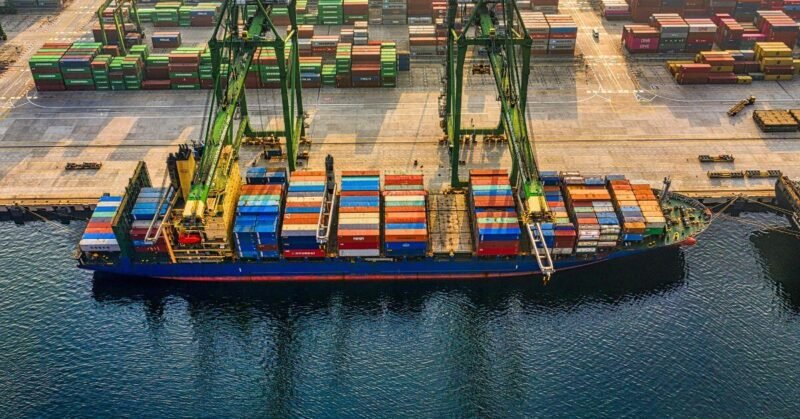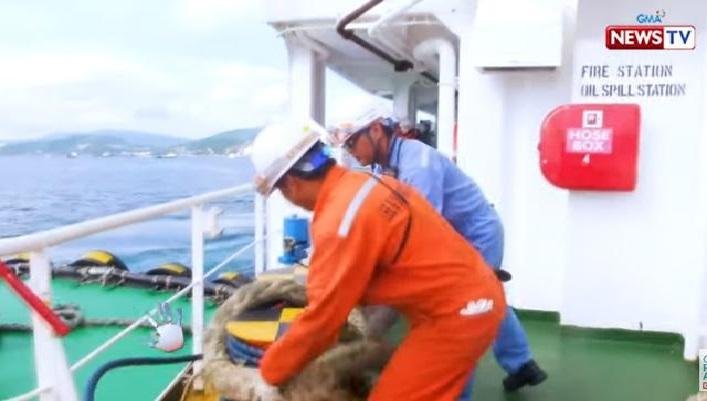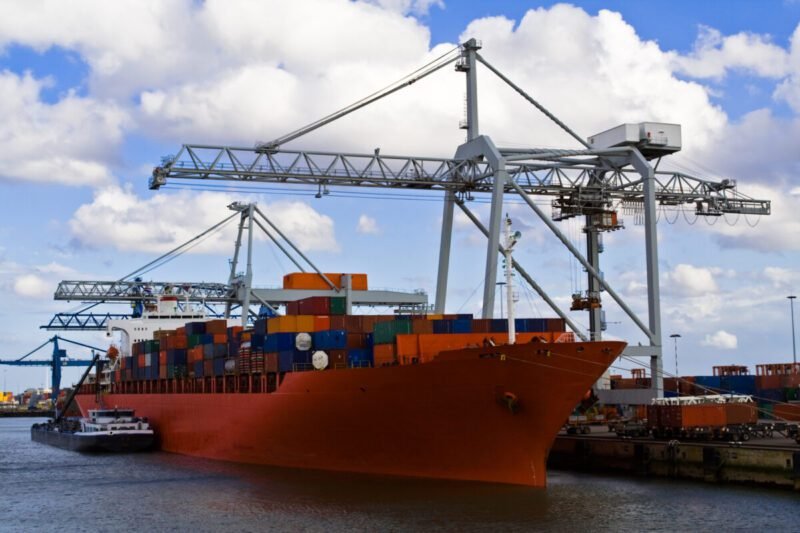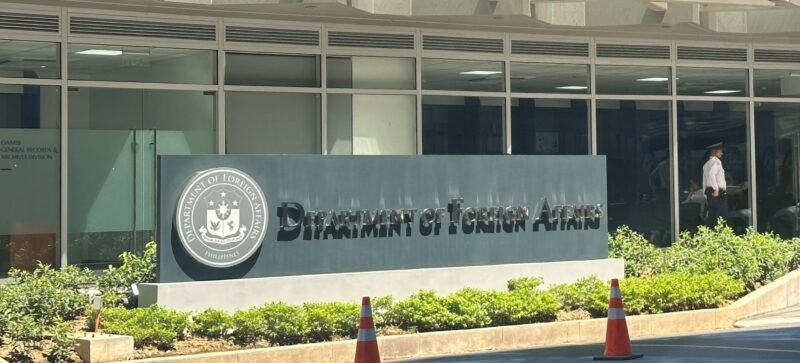A Filipino seafarer named Mario is challenging the unequal pay practices faced by workers in the maritime industry, particularly those from Southeast Asia compared to their European counterparts in the Netherlands. Mario, who started as a messman in 1993 and rose to become a chief cook, suffered health issues while working on chemical tankers and faced delayed medical attention after a stroke-like incident on a Dutch ship. This case sheds light on the wage disparities where Filipino and Indonesian seafarers earn significantly less than European crew members due to differences in living costs, as permitted by a Dutch government-sanctioned collective bargaining agreement.
Mario is spearheading a lawsuit to address discriminatory pay practices and uphold Dutch equality laws and international human rights standards. While the Royal Association of Netherlands Shipowners justifies wage differences based on living costs, critics argue that such practices perpetuate discrimination against Filipino and Southeast Asian workers, who form a large proportion of the global seafaring community. As Mario advocates for fair pay, the Philippine government closely monitors the case to ensure the protection of seafarers’ rights.
This landmark lawsuit not only highlights the challenges faced by individual workers like Mario but also raises broader questions about fairness and equity in the maritime labor market. Mario’s efforts represent a growing movement among Filipino seafarers seeking equal treatment and fair wages in the industry. The outcome of this case could potentially set a precedent for ensuring fair wages for all seafarers, irrespective of their nationality, emphasizing the importance of addressing systemic discrimination in the industry.


